The impact of the Arm-Qualcomm dispute on the future of smartphones
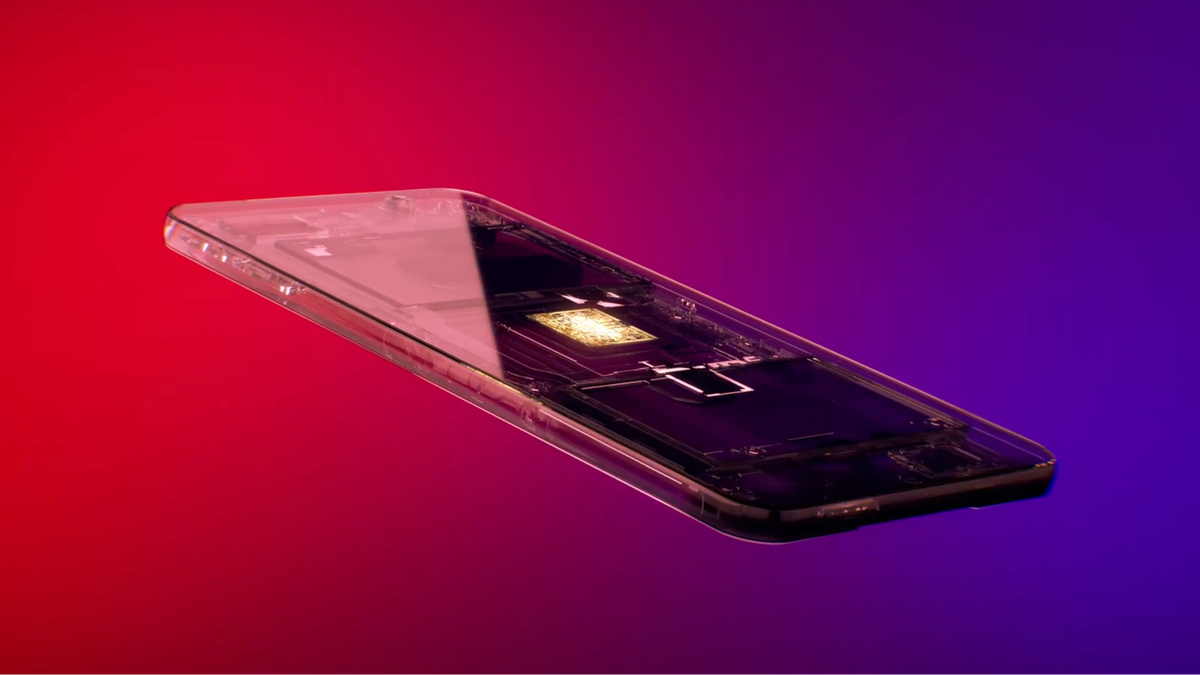
Image credit – Qualcomm
Legal disputes are nothing new in the mobile world, especially when patents and licensing are on the line. I'm sure a few famous cases might pop into your mind! The latest courtroom clash grabbing headlines is between Arm and Qualcomm, two major players battling it out over chip technology.
Now, for us regular folks who just want the latest and greatest smartphone, this legal throwdown has the potential to be a real bummer (hopefully, it won't). How, you wonder? I was wondering the same, so let's see what's going on and why it might mean waiting longer (and potentially paying more) for your next phone upgrade.
The beef: broken licensing agreements or much ado about nothing?
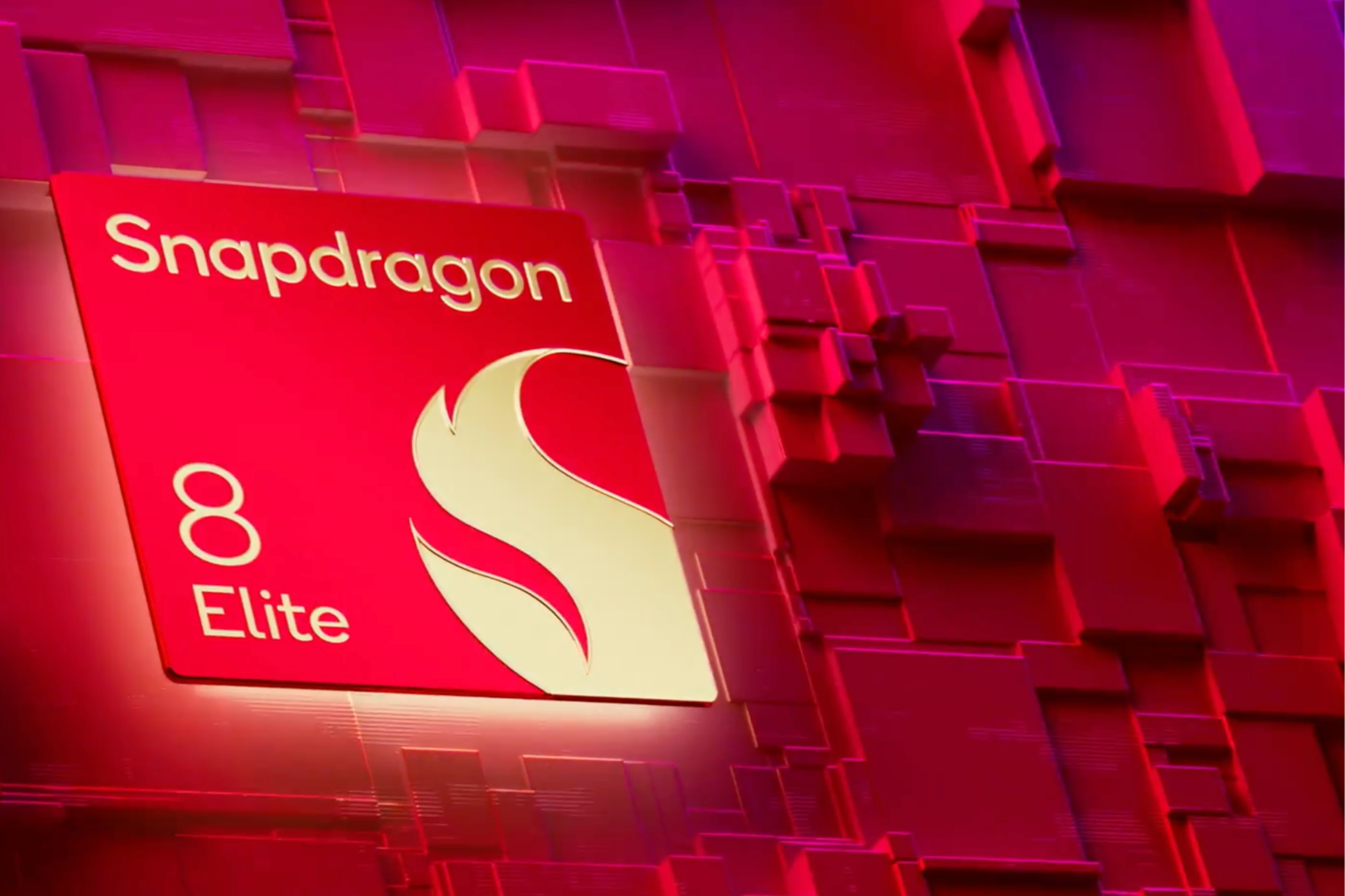
Qualcomm just unveiled its latest flagship smartphone chipset, the Snapdragon 8 Elite. | Image credit – Qualcomm
At the heart of the dispute is a licensing agreement. Arm, the company whose chip designs power most of the world's smartphones, accuses Qualcomm of violating the terms of this agreement. Qualcomm, however, denies any wrongdoing.
Why should you care about it?
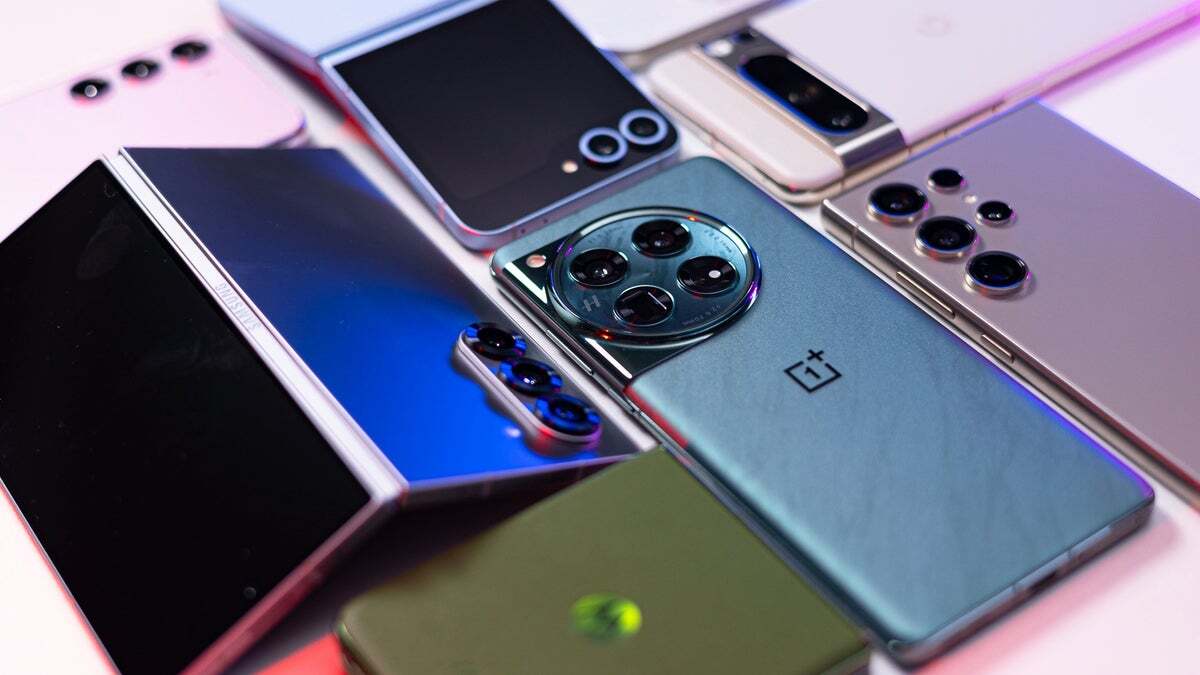
More expensive chips might result in more expensive smartphones. | Image credit – PhoneArena
I see a few key reasons. First off, if Qualcomm is unable to continue using Arm's designs, it could lead to delays in the development and production of new smartphones. That could cause delays across the smartphone industry and leave us, the consumers, feeling the impact.
But that's not all. If Qualcomm has to seek licenses from other companies or create its own chip designs, production costs could climb. And higher costs for Qualcomm usually mean higher prices for us. With chip prices already set to rise, this is one trend most of us won't be thrilled about, right?
However, to keep it optimistic, let’s see how more competition might benefit the smartphone market in the long run:
- Faster innovation: More rivalry could mean a quicker pace of innovation, with companies pushing for better smartphone features.
- Lower prices: Competition might also drive down costs, making smartphones more affordable.
- More options: A wider range of choices could give consumers better options when it comes to brands and features.
As you can see, there are two sides to this coin. While the Arm-Qualcomm clash may present some short-term hurdles, it could also pave the way for a more dynamic smartphone market down the line.
Possible outcomes of the dispute
As with most disputes, there are a few potential outcomes, and it usually goes one of these ways:
- Settlement: The most likely outcome is a negotiated settlement between Arm and Qualcomm. This could involve a revised licensing agreement or other terms that satisfy both parties.
- Arm's victory: If Arm wins the case, it could strengthen its position in the chip design market and potentially increase its licensing fees.
- Qualcomm's victory: If Qualcomm wins, it could gain more control over its chip designs and reduce its reliance on Arm.
Of course, the outcome of the Arm-Qualcomm dispute is still up in the air. Until the judge bangs the gavel, there's a lot of uncertainty about what it means for the future of smartphones. One thing's for sure, though: this chip-sized spat has the potential to impact everything from how fast your phone is to how much it costs.
Follow us on Google News



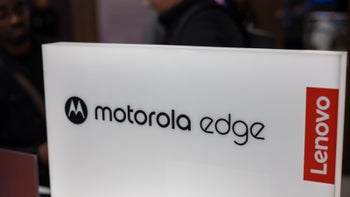

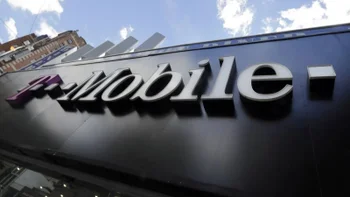
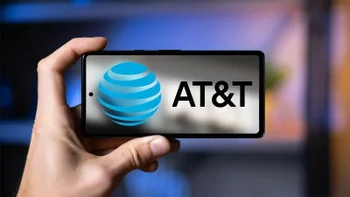
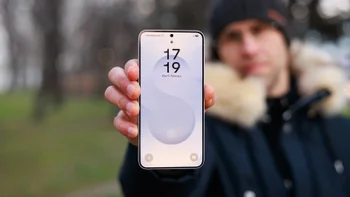
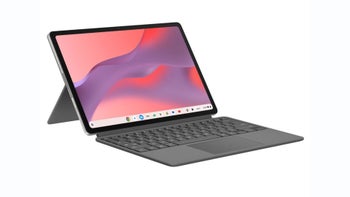

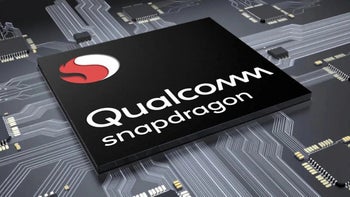
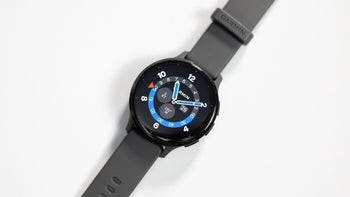
Things that are NOT allowed:
To help keep our community safe and free from spam, we apply temporary limits to newly created accounts: